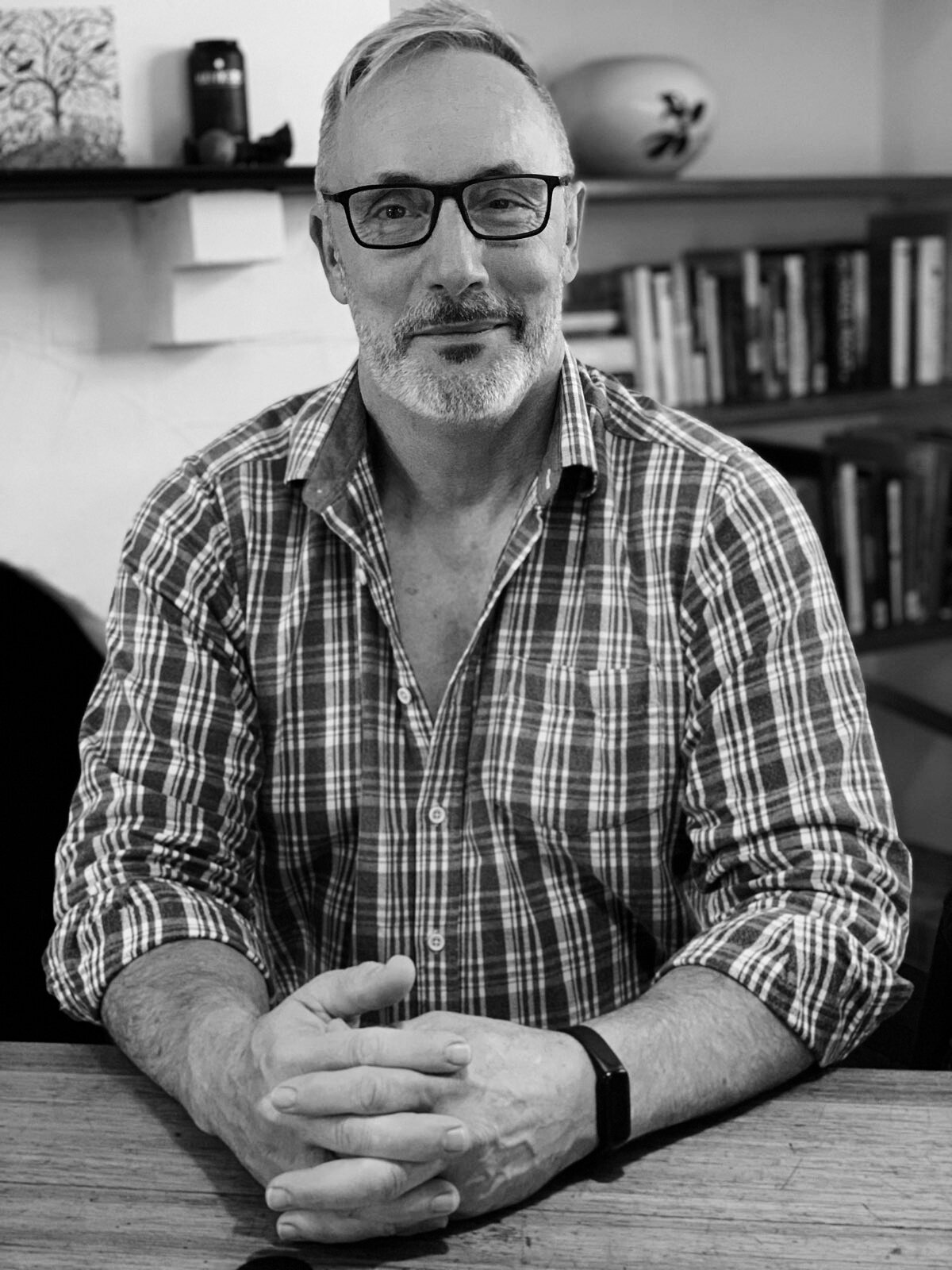“Remember not this place, and the way water mirrors trees and sky, but what it is you’ve found instead—this solid thing that’s light within you—let it wing into the regions of wider sight, and feel for the company of words.”
From “On the Delta”, Broken Ground
Poetry arrived late in life, and when it arrived, it remade me. At mid-life, I faced the uncertainty and loss that comes with a chronic illness, and it was poetry that buoyed me. Soon I was writing the kind of sincere, uncrafted poems most beginners write. But there was no turning back, reading and writing poetry felt like joining the ceaseless flow of a river, of learning to put faith in the resonance of wordless impulses that rise from deep—think of Seamus Heaney’s image of lowering a bucket into a well and then lifting the sweet water from below. In other words, I learned to trust the sense of coherence that insists on the making of a poem.
“The intimate territory Armstrong walks attends to the wider world—in particular, wild country, forest and field, river and ridge. But also the suburbs, the kitchen, the realms of the everyday. He writes the places in themselves, an he writes them as analogues, metaphors, for the geographies of self. His is a poetry of landscape, desire, memory, love, lust and loss.”
Mark Tredinnick
Walking can walk you back into what your body knows of the natural world; a re-learning of your ecological self. I’m open to the sense that a tree, a ridge line or a rock might project itself upon us—into us—a reversal of the over-riding human inclination to project exploitative desires on the world.
My first book of poems Broken Ground (University of Western Australia Publishing) was launched in 2018. A second collection What’s Left (Flying Islands Pocket Poet Series) was published December 2020. My third and new collection One River (Puncher & Wattmann) is also available. This book is a series of haibun written in response to my travels around the Hunter River catchment.
Poems can also be found in Notes for Translators: 142 New Zealand and Australian Poets, Kit Kelen (ed), ASM 2012; Australian Love Poems, Mark Tredinnick (ed), Inkerman & Blunt 2013; A Slow Combusting Hymn: Poems from and about Newcastle and the Hunter Region, Kit Kelen & Jean Kent (eds), ASM 2014; Metamorphic: 21st Century Poets Respond to Ovid, Nessa Mahoney & Paul Munden (eds), Recent Work Press 2017.
When I’m not writing poetry I work as social worker/therapist. In many ways therapy and poetry are complementary, therapy being a process like poetry, in which the taken for granted is re-imagined. Another way in which the two fields intersect is around Keat’s notion of negative capability—a quality he believed essential for writing poetry—in which apparently contradictory points of view are held in dynamic tension, rather than reaching for premature resolution or oversimplification. This dialectical process is crucial to a therapeutic conversation also.
I live in the city of Newcastle, New South Wales, Australia. I wish to acknowledge the First Peoples of this part of the Hunter Valley, the Awabakal and the Worimi. Their culture is born of a longstanding and intimate connection with this land and its creatures. I’m the father of two and grandfather of five.
Honours
Prizes
Winner of the Bruce Dawe Poetry Prize 2015 - A Cracked and Weathered Prayer.
Local Prize of the Newcastle Poetry Prize 2014 - Deadman.
Local Prize of the Newcastle Poetry Prize 2019 - Thirteen Ways to Know my Grandfather.
Shortlisted
Ron Pretty Poetry Prize 2014 - Ghost Gum Plateau.
Ron Pretty Poetry Prize 2016 - Dreams and Intimations.
Bruce Dawe Poetry Prize 2016 - Bandilngan.
Australian Catholic University Poetry Prize 2021 - Kindness.
Longlisted
Australian Catholic University Poetry Prize 2017 - Faust.
University of Canberra’s Vice-Chancellor’s Poetry Prize 2017 - Thirlmere Lakes: Winter and Spring.
Peter Porter Poetry Prize 2023 - When Night is the Mother of Wisdom.
Highly Commended
Catchfire Press Hunter Poetry Competition 2016 - Morning Walk to Aldi and Back.
Catchfire Press Hunter Poetry Competition 2016 - Welcome.
